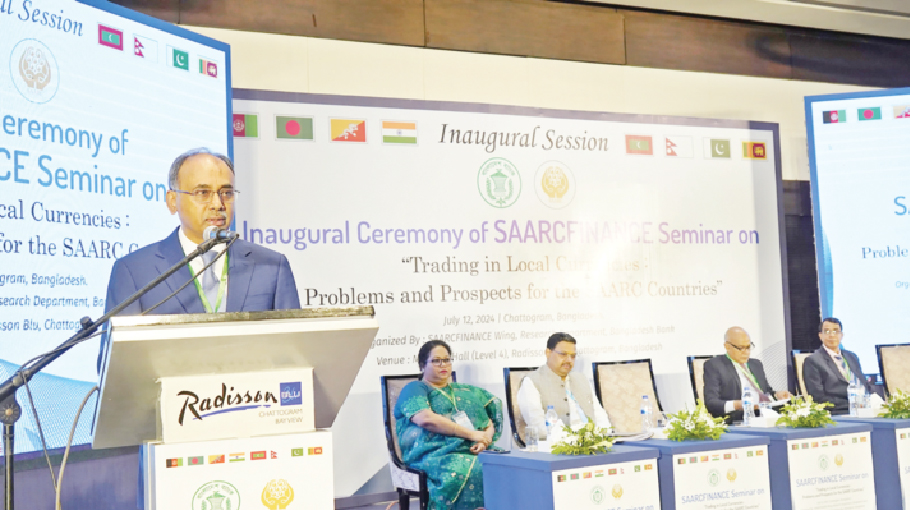
The Shanghai Cooperation Organization (SCO) and SAARC countries are actively promoting the use of national currencies in trade settlements among member countries. This effort aims to enhance the status of relevant countries' currencies, optimize the global currency landscape, and reduce reliance on the fluctuating U.S. dollar. By increasing the share of national currencies in mutual settlements, the SCO and SAARC countries seek to contribute to the stable and healthy development of the global economy and finance options. The dominance of the U.S. dollar in global trade settlements has led to notable spillover effects and increased debt pressure on emerging economies. Strengthening the U.S. dollar index has also caused a rapid flow of cross-border capital back to the U.S., potentially triggering monetary and financial crises. Therefore, promoting currency diversification in pricing commodities, particularly by adopting stable currencies, can mitigate fluctuations in commodity prices and stabilize the global economy. The SCO's efforts in promoting the use of national currencies in settlements will ensure trade settlements among member countries remain unaffected by fluctuations in dollar liquidity, fostering stable growth in bilateral trade. Additionally, currency swap agreements among member countries can reduce the risks of exchange rate fluctuations resulting from changes in U.S. monetary policy.
Trading in local currencies among SAARC countries also has immense potential for economic stability, growth, and regional cooperation. Collaborative efforts, policy innovation, and strategic agreements on local currencies can pave the way for more resilient and integrated regional economies. The US dollar has been dominant in international trade, but many countries are seeking alternatives due to geopolitical tensions, economic sanctions, and imbalances. By trading in local currencies among SAARC countries, dependence on the US economy can be reduced, increasing economic stability and reducing exchange risk and transaction costs. Challenges include establishing strong bilateral agreements, cooperation frameworks, ensuring stability and convertibility of local currencies, and maintaining trade balance.
It is important to note that the global trade landscape is constantly evolving, and currency rankings can fluctuate over time. While the SCO and SAARC countries' promotion of national currencies in trade settlements is a significant step towards currency diversification, it remains to be seen how it will impact the global currency hierarchy in the long term. Factors such as economic policies, geopolitical developments, and market conditions will continue to shape the future of international trade and currency usage.